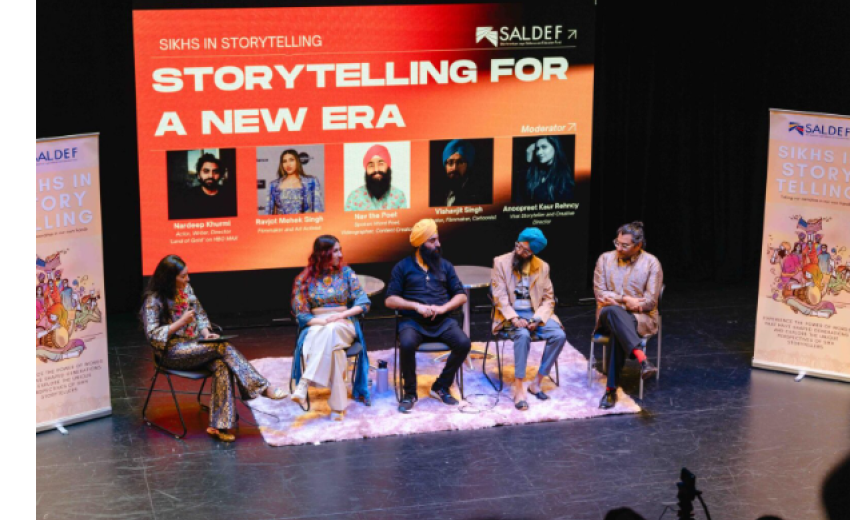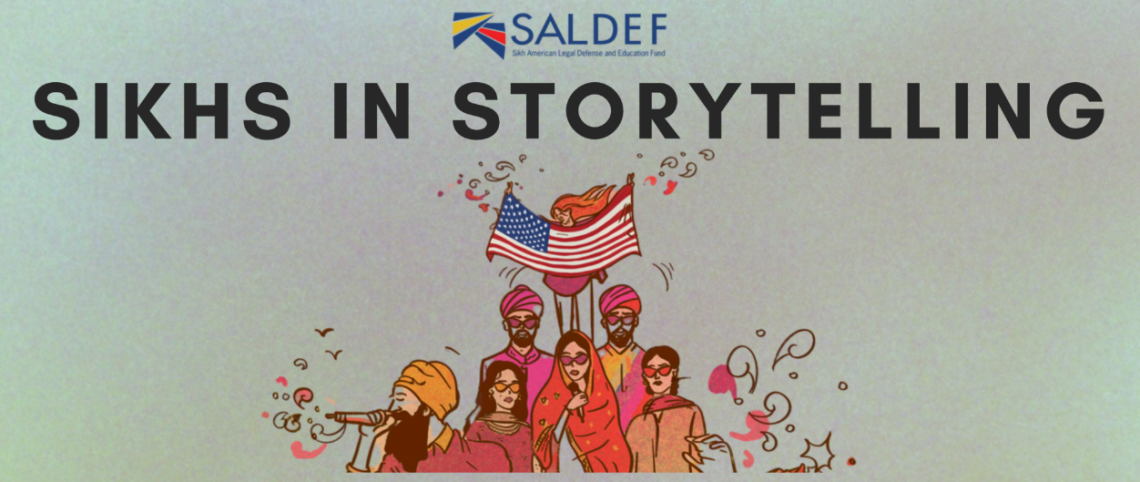At Gurmukhi school and Sikhi camps, we often learn about the bravery of Sikh warriors like Hari Singh Nalwa and Banda Singh Bahadur. These are powerful legacies—but growing up, I didn’t realize that some of the most inspiring warriors I’d ever known weren’t in textbooks. They were right beside me. They were my Dadi, the langar sevadars at Gurdwara, and most of all, my Nana Ji.
My Nana Ji immigrated to the U.S. in 1986, during a time of heightened anti-Asian and anti-immigrant sentiment. He had earned a position as a Head Oil Engineer with Texaco. But on his first day, he was met not with respect, but with hostility. His supervisor told him he couldn’t work unless he removed his turban. Faced with a choice between his livelihood and his identity, my Nana Ji chose Sikhi.
He walked away from the job, opened his own mechanic shop, learned English, adapted to life in a new country—and never once took off his Paagh. His unwavering faith, his strength, and his sense of humor made him my hero long before I knew what civil rights were.
In school, I wore a patka and stood out. That made me a target. I was called a “terrorist.” Some kids tried to pull it off. I didn’t know how to explain who I was. For a long time, I felt like I was the only one.
Then I found my sangat. At Gurmat School at Palatine Gurdwara, I met kids who looked like me, shared my experiences, and understood the questions I was struggling with. I learned my first shabad—Prabh Ka Simran—and began to see Sikhi as something alive, something I belonged to. That connection deepened during the pandemic. When Gurdwara paused in-person services, our Gurmat School organized a Sehaj Paath over Zoom. It wasn’t the same, but it reminded me that sangat isn’t just a place—it’s community. Teachers, friends, and mentors helped me grow in my faith when the world felt uncertain.
Now in college, I carry those stories with me. My Nana Ji’s strength. My sangat’s support. These are stories that shaped who I am.
That’s why events like Sikhs in Storytelling, happening in Chicago, mean so much to me that I want to volunteer with SALDEF and help pay it forward to young Sikhs across the nation; To help them see people who look like them on TV, in movies, in elected office, in journalism, and more careers where they are telling their Sikh American stories. This event is about honoring our everyday warriors—the ones whose stories often go untold. It’s about reclaiming space in media, art, and public dialogue, and making sure our experiences are seen and heard.

